Publications
Articles, publications, books, tools and multimedia features from the U.S. Institute of Peace provide the latest news, analysis, research findings, practitioner guides and reports, all related to the conflict zones and issues that are at the center of the Institute’s work to prevent and reduce violent conflict.
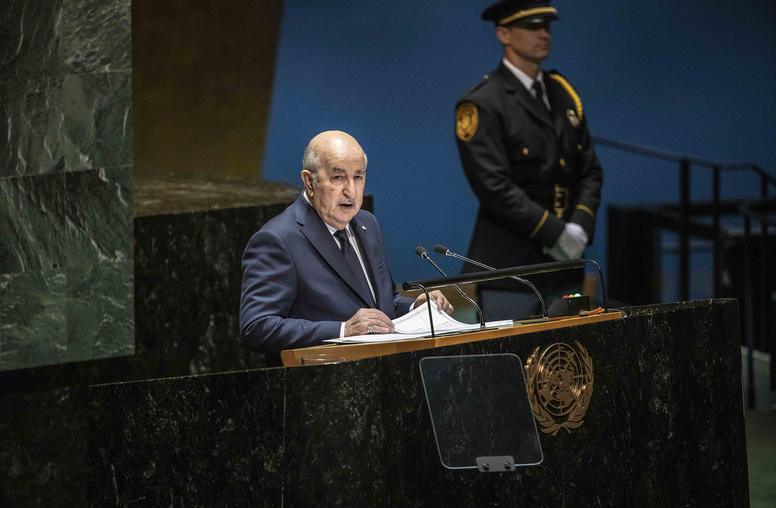
Can Algeria Help Niger Recover From Its Army Coup?
Democracies and democracy advocates should welcome this week’s tenuously hopeful sign in Algeria’s announcement that the 10-week-old military junta in Niger has accepted Algiers’ offer to mediate in a transition to civilian, constitutional rule. Still, Algeria’s government and the junta left unclear the extent of any agreement on mediation, notably disagreeing on a basic element: the duration of a transition process. Algeria can bring significant strengths to a mediating role. In stepping forward from what most often has been a cautious posture in the region, Algeria creates an opportunity that international partners should seek to strengthen.
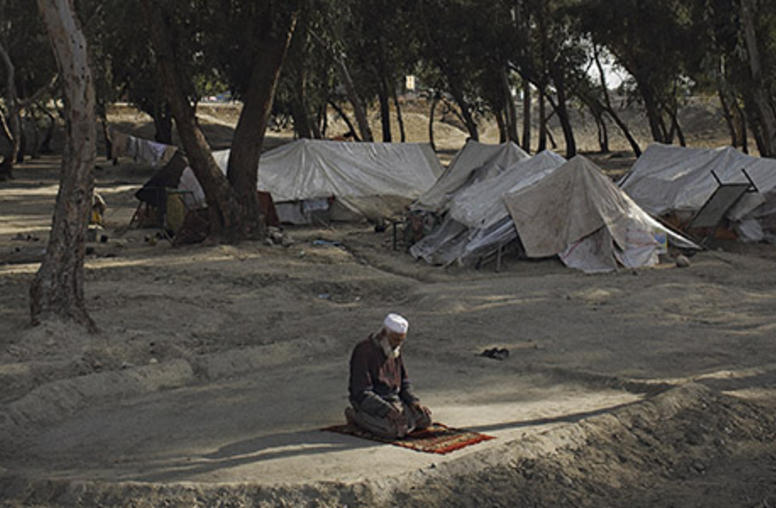
Q&A: Pakistan in the Shifting Neighborhood of 2015
A public backlash against the Pakistani Taliban after a December attack in northwestern Pakistan that killed 134 children has raised hopes that the country’s government and military might finally muster the political will to tackle terrorism and violent extremism. U.S. Institute of Peace Director of Pakistan and South Asia Programs Moeed Yusuf considers the odds in the face of Pakistan’s deteriorating relations with India on the eastern border and a new, though divided government in a still-s...
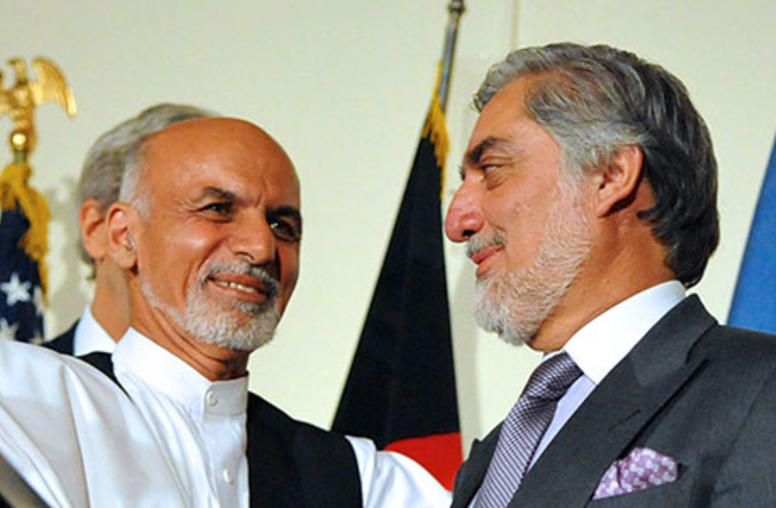
Afghan President Ghani’s Message in U.S. Visit: Help Us Stand on Our Own Feet
Afghan President Ashraf Ghani likely will use his first visit to Washington since taking office to thank the American people for their sacrifice for the cause of peace in Afghanistan, and to appeal for steadfast backing to prevent a precipitous drawdown of U.S. civilian and military support that could plunge his country back into a bloody civil war. According to experts at the U.S. Institute of Peace, Ghani will emphasize that Afghanistan’s new leadership is committed to reforming government,...
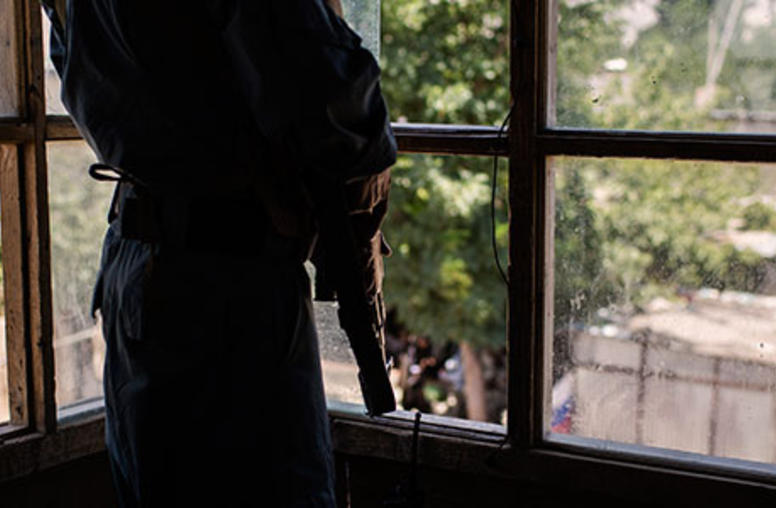
To Help Afghanistan Survive, Narrow the Focus
Afghanistan’s Taliban are trying to defeat the government in this first year following the U.S. military’s withdrawal from combat operations, and their surge in attacks has driven the rate of army and police casualties at least 65 percent higher than last year. Still, a focused strategy can help the government survive, USIP experts say.
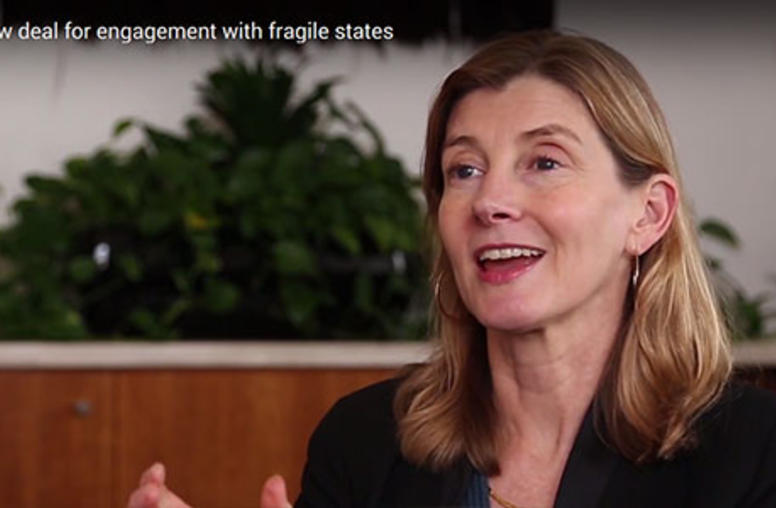
Nancy Lindborg: Finding common ground for development and defense
Development, diplomacy and defense must work together to help shepherd countries from fragility to peace and democracy. Nancy Lindborg shares her thoughts on bringing together the "three D's" for more effective crisis response.
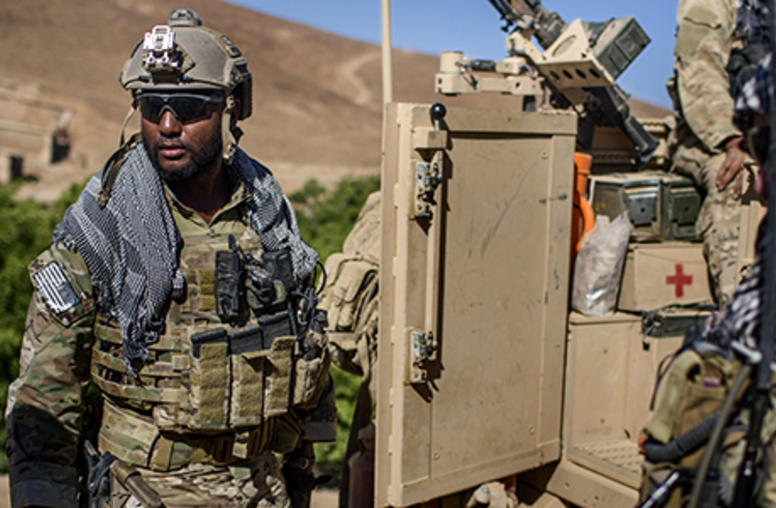
Poor Planning, Coordination Cited in Afghan Intervention
Failings by the United States and its NATO partners in the early stages of the 15-year-long war in Afghanistan have prolonged that country’s need for international troops and economic help, U.S. and German officials said in a recent forum at the U.S. Institute of Peace that examined the lessons learned during the past decade.
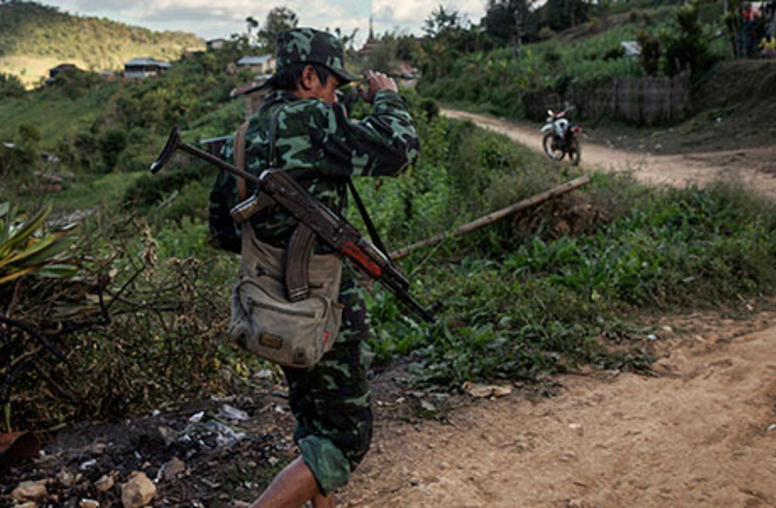
U.S. Eyes Military Ties With Myanmar, Official Says
The U.S. is formulating its next steps in Myanmar, including gradual re-engagement with the country's military, with the aim of broadening cooperation after several years of a multi-agency push to support a sensitive transition toward democracy. Current and former U.S. officials examined recent efforts and outlined plans going forward during a panel discussion at the U.S. Institute of Peace this week.
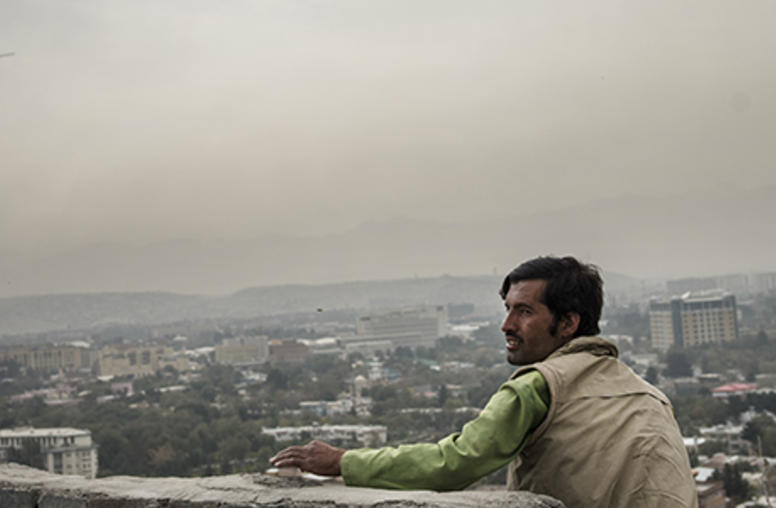
Afghanistan’s Lesson: Strategic Costs of Civilian Harm
After 15 years of U.S. military operations in Afghanistan, the strategic importance of avoiding harm to civilians is an inescapable lesson that policymakers need to fully integrate in American doctrine, planning and training, say the authors of a new report. The report offers “practical, pragmatic, concrete recommendations” to strengthen U.S. military operations overseas by averting losses to civilians and their communities, said former Undersecretary of Defense Michèle Flournoy in a public d...
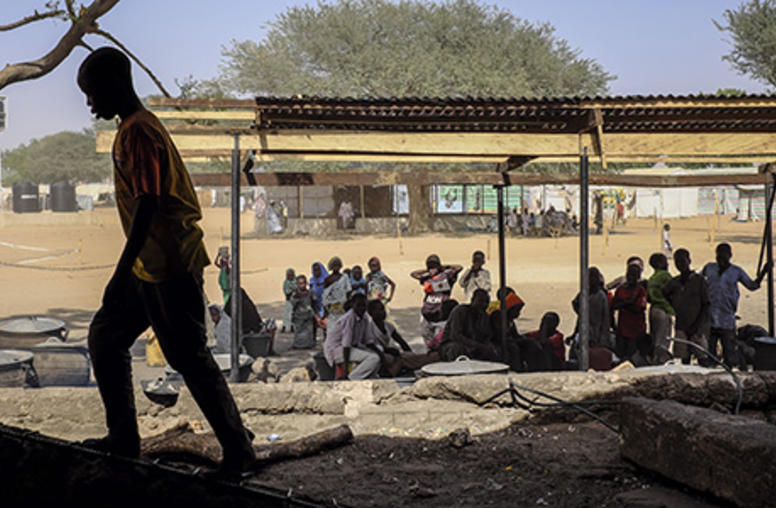
Nigerian Governors Set to Discuss Paths to Progress
The urgent challenges for Nigeria’s powerful northern state governors range from addressing a humanitarian crisis sparked by Boko Haram’s insurgency to boosting economic growth with alternatives such as agriculture to make up for declining oil revenue, Johnnie Carson, a senior advisor at the U.S. Institute of Peace, said ahead of a governors’ symposium to be held at the Institute next week.
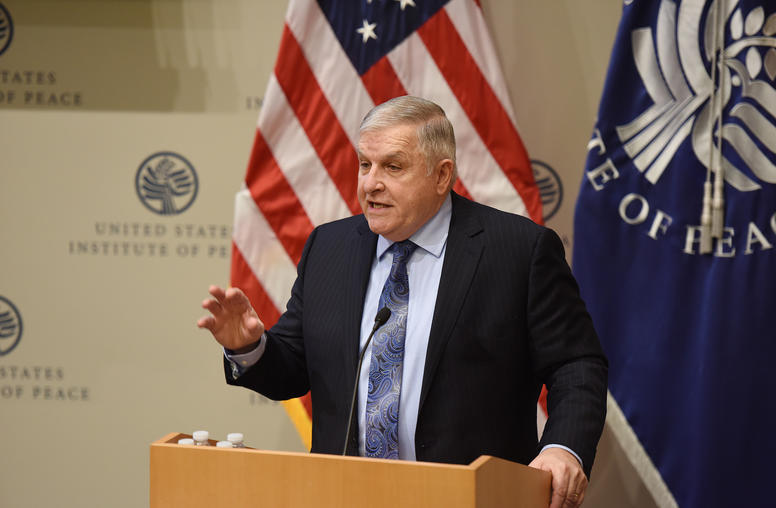
To Better Halt Wars, Does America Need a ‘Crisis Command’?
A string of violent crises since the 1990s—from Somalia to Iraq to others—has underscored America’s need to coordinate better among military forces, relief and development organizations, diplomats and other responders, retired Marine Corps General Anthony Zinni said this week. The United States should consider creating a standing “interagency command” for such crises, Zinni told listeners at USIP.